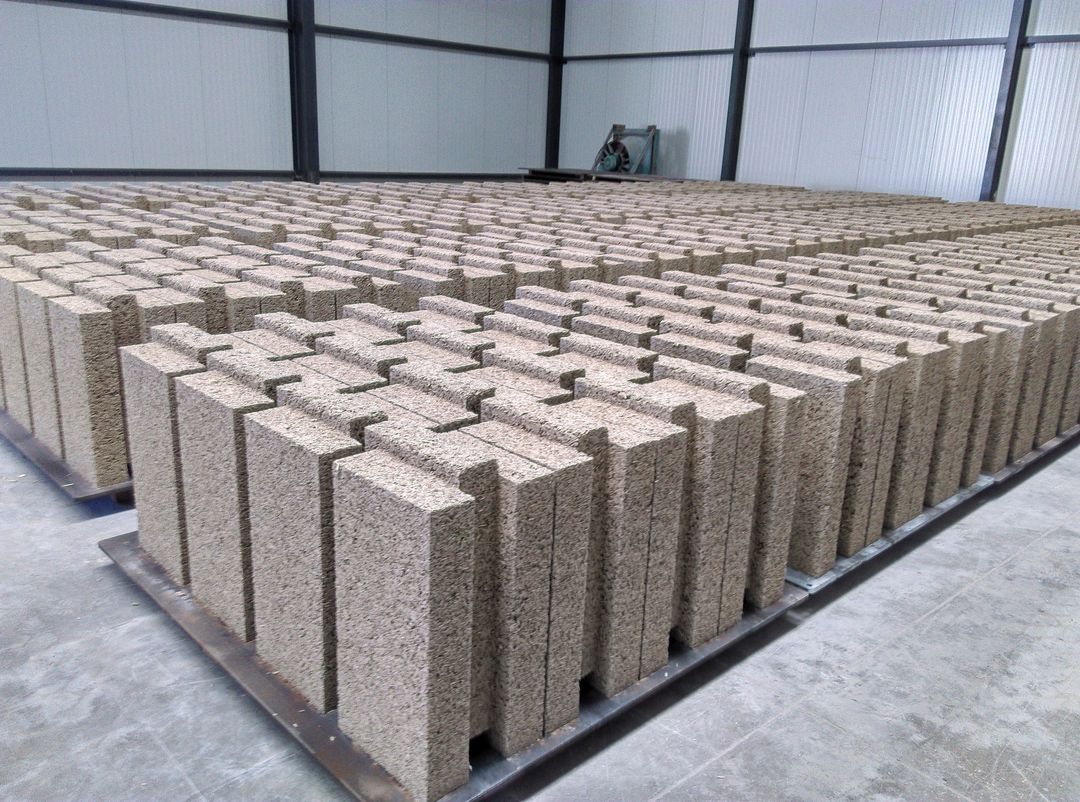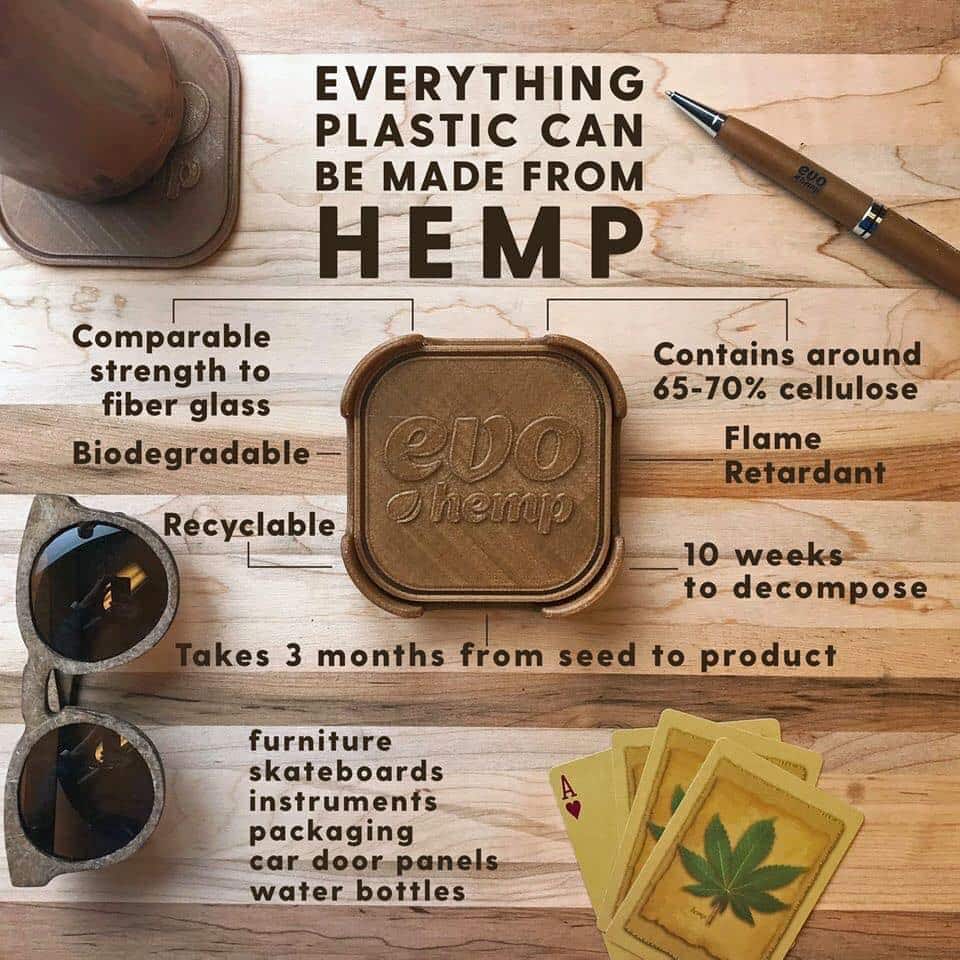
The Hemp Nation Group stands out as a unique enterprise, woven from a vision of sustainability, empowerment, and a deep respect for the power of hemp. It’s more than just a company; it’s a collaborative movement dedicated to unlocking the full potential of this remarkable plant.
A Commitment to Sustainability:
At the core of The Hemp Nation Group’s philosophy lies a fervent dedication to environmental responsibility. We recognize the urgent need for sustainable solutions, and we see hemp as a game-changer. From its minimal water requirements and soil-replenishing properties to its potential as a biofuel and biodegradable material, hemp offers a path towards a cleaner, greener future.
Safety First, Always:
The safety of our members, partners, and the environment is paramount. We prioritize responsible cultivation and processing methods that ensure the highest safety standards for everyone involved.
Environmental Reinforcement and Improvement:
We go beyond simply minimizing our environmental impact. The Hemp Nation Group actively seeks to reinforce and improve the planet’s health. Through responsible hemp cultivation and education, we encourage regenerative practices that restore ecosystems and promote biodiversity.
Education: Empowering a Hemp-Literate Future:
Knowledge is power, and The Hemp Nation Group is committed to widespread education about hemp. We believe that by demystifying this versatile plant, we can unlock its potential for various applications. Our educational initiatives range from consumer awareness campaigns to in-depth training programs for farmers and entrepreneurs.
Worker Safety and Psychological Wellbeing:
Our members are our greatest asset, and their well-being is a top priority. We advocate for safe working conditions and prioritize initiatives that support the psychological well-being of our network.
Reclaiming Forgotten Knowledge:
Hemp has a rich history, and much valuable knowledge has been lost over time. The Hemp Nation Group actively seeks to rediscover and share the forgotten wisdom of utilizing hemp in all its diverse forms. We believe that by reconnecting with this knowledge, we can unlock a wealth of possibilities for a more sustainable future.
Networked Cooperation: A Powerful Force for Good:
The Hemp Nation Group operates on a unique principle – networked cooperation. This means our members aren’t just customers; they are shareholders in our collective vision. This collaborative approach fosters an ethical agenda built on human connection and shared goals. Our success is measured not just by profit, but by the positive impact we create for our members, the environment, and the global economy.
By weaving together sustainability, education, worker well-being, and a commitment to ethical practices, The Hemp Nation Group is cultivating a brighter future. We invite you to join us in this collaborative journey, as we harness the power of hemp to create a world that thrives in harmony with nature and each other.




